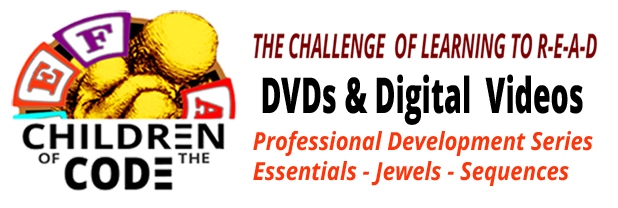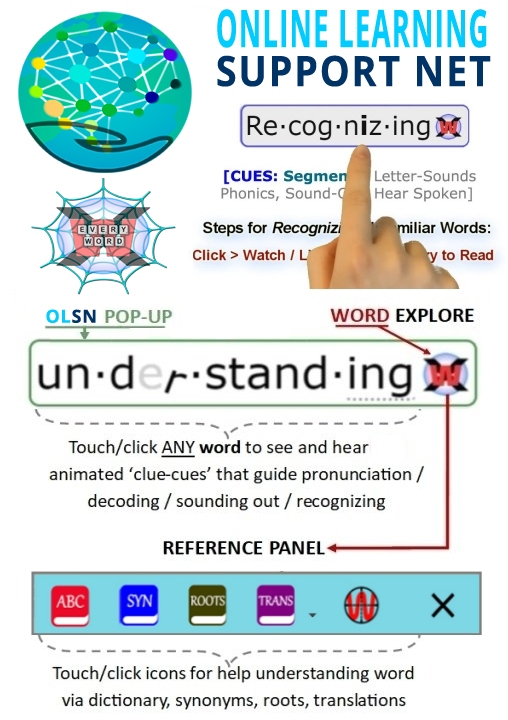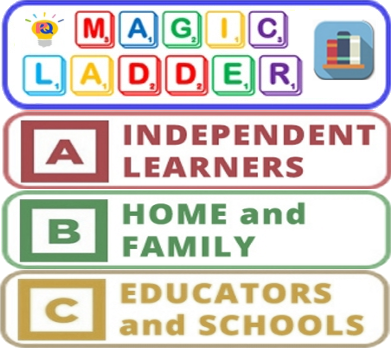The Effects of Writing on Spoken Language
Note: Remember to click on any word on this page to experience the next evolutionary step in technology supported reading.
Written Language
But now when we move to written language, you get another big jump off because you can now do things with compositionality, representation and commitmentthat you can’t do with spoken language. You now start to create not just a more elaborate animal society, you start now to create civilization. So once you have written language, you can have long-term commitments, commitments that go over a generation. You can have commandments, like the Ten Commandments that go on for millennia.
But furthermore — and this is where it really gets exciting — is you can now create the forms of civilization that are enduring. I’m thinking not just of great art and literature, but of money, property, government, marriage, universities, textbooks, all of the elaborate systems that language has that we can encode in written language that enable us to create an elaborate civilization that is based on our capacity to represent and to create enduring representations.
So, the bottom line of this is that the big step between us and animals is in the language. But the big step between civilization and more primitive forms of human society is written language. Once you have written language, you have the capacity not just for creating a civilization, but getting these accretions, where the elements of civilization then build on earlier elements of civilization, and those build on yet earlier elements of civilization, until you get where we are today.
John Searle, Mills Professor of the Philosophy of Mind and Language at University of California-Berkeley. 2004 National Humanities Medal for shaping modern thought about the nature of the human mind. Author of Mind: A Brief Introduction to the Fundamentals of Philosophy. Source: COTC Interview – http://www.childrenofthecode.org/interviews/searle.htm#WrittenLanguage
How Reading Affects Us
Dr. David Abram: Yeah, absolutely. I guess in a sense, my focus has been that I’ve read so many wonderful studies on its influence upon how we think. And, I’m curious; I’ve been particularly interested in how does it affect how we perceive the world when we’re not reading? And, how does it affect our experience of language, and linguistic meaning once we have become literate, alphabetically literate?
So, I’m coming as a cultural ecologist and philosopher, and noticing these things that would be wonderful to unpack at more depth, because it’s very obvious to me, for instance, (and it’s amazing that this has not been brought out, or I haven’t seen it in other people working on the alphabet), that only when the alphabet comes into a culture, when a phonetic alphabet arrives, only then does that culture get this odd notion that language is an exclusively human property, or possession. And, the rest of the land falls mute. You don’t experience this in that way among Eastern cultures working with more ideographic, or somewhat iconic scripts. Certainly not among the Mayan, and obviously not among the Egyptians. But, our writing system very, very powerfully not only impacts our experience of our own subjectivity, it also profoundly impacts our experience of the sensuous surroundings. So much so, that I would have to say that the alphabet has played a very crucial role in the deepening environmental crisis—ecological crisis that now besets us on every hand.
David Abram, Philosopher, Cultural Ecologist. Source: COTC Interview: http://www.childrenofthecode.org/interviews/abram.htm#How_Reading_Affects_Us:
Writing Changes Spoken Language
David Boulton: It’s really clear that the writing system we use today, or as I explained earlier, relative to the way children learn this system anyway, sits on top of the sound system.
Dr. Guy Deutscher: Yes.
David Boulton: But, it’s also clear, if we look back through the history of writing systems, that writing systems are not only extensions of the spoken language system, they’ve folded back to shape the spoken language system in profound ways.
Dr. Guy Deutscher: Again, I agree entirely.
David Boulton: So, I wonder to what extent, because we’re talking about a spike in phoneme growth in the past two thousand years, which is about coincident with the peaking of the Roman Empire and the introduction of its spoken and written system throughout Europe, you know? In other words, could writing itself be somehow responsible for the co-existence of multiple systems, which is more than just borrowing?
Dr. Guy Deutscher: It’s an interesting thought.
David Boulton: I don’t have any attachment to it, other than it seems coincident to me that there’s this big spike that happens and it happens with the dissemination and use of the alphabet, although it’s not affecting that many people in Northern Europe, it is affecting the people in power, and to some extent, people of influence over language.
Dr. Guy Deutscher: Yes. Although, I wonder whether there is really an obvious point where it spikes, or whether it’s more gradual.
David Boulton: I didn’t mean necessarily the spike. It started with the fact that there was this big difference in number. And, you referred to somebody’s work, which talked about the last two thousand years, where there seemed to be some growth that’s speaking to this difference in the number of phonemes in Northern European languages.
Dr. Guy Deutscher: Yes.
David Boulton: That just happens to coincide and that’s why I brought it up.
Dr. Guy Deutscher: Yes. It may well be connected. Ultimately, it’s very difficult to give answers. There are other things like this where you see some obvious direction or changes. Some global changes that do upset the balance of language, and you can see these changes over the last couple of thousands of years.
David Boulton: Do share with us what you thought was the most powerful example in that group.
Guy Deutscher, is a professor with the Department of Languages and Cultures of Ancient Mesopotamia at the University of Leiden in Holland. Source COTC Interview: http://www.childrenofthecode.org/interviews/deutscher.htm#Writing_Changes_Spoken_Language













